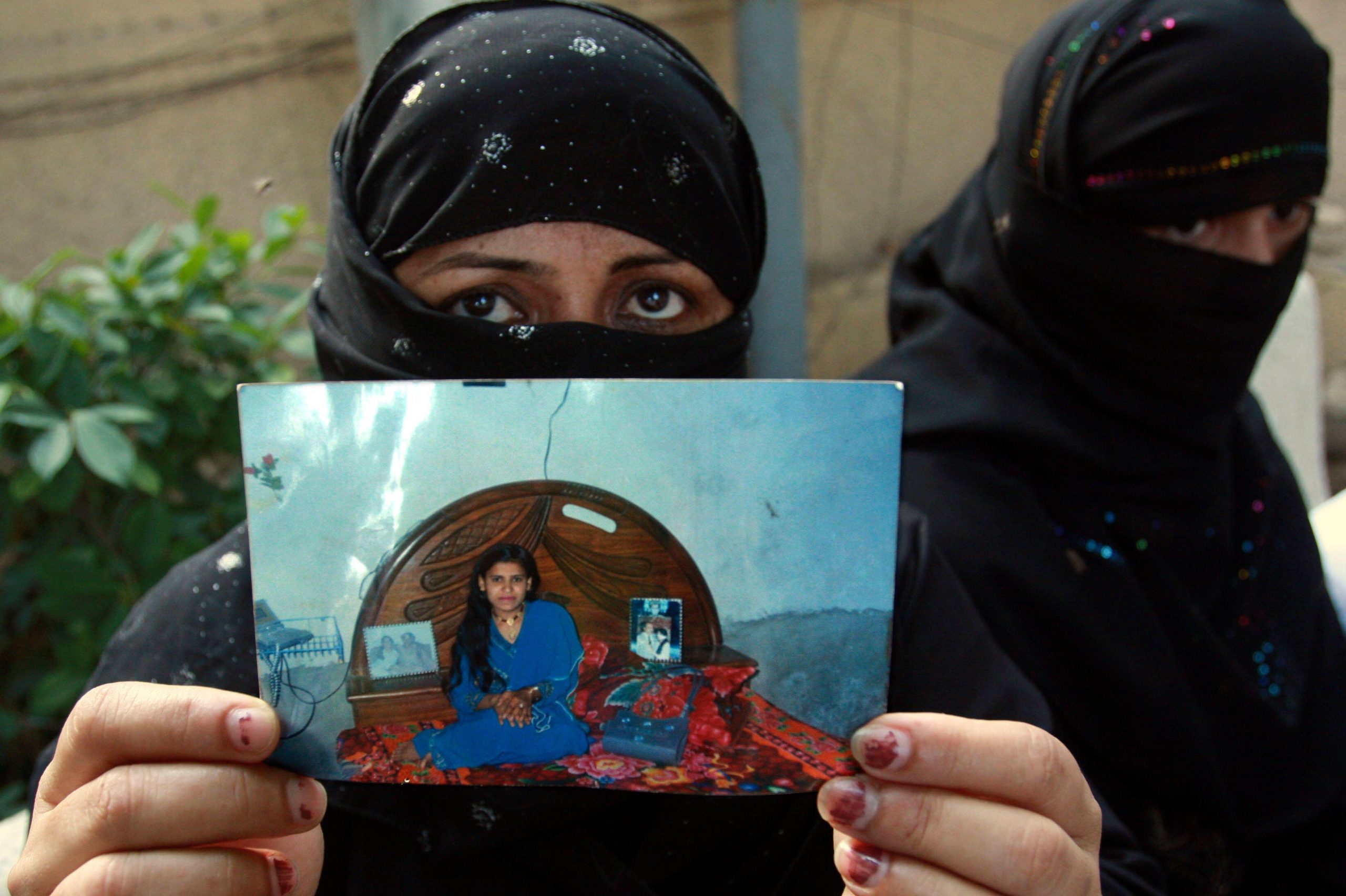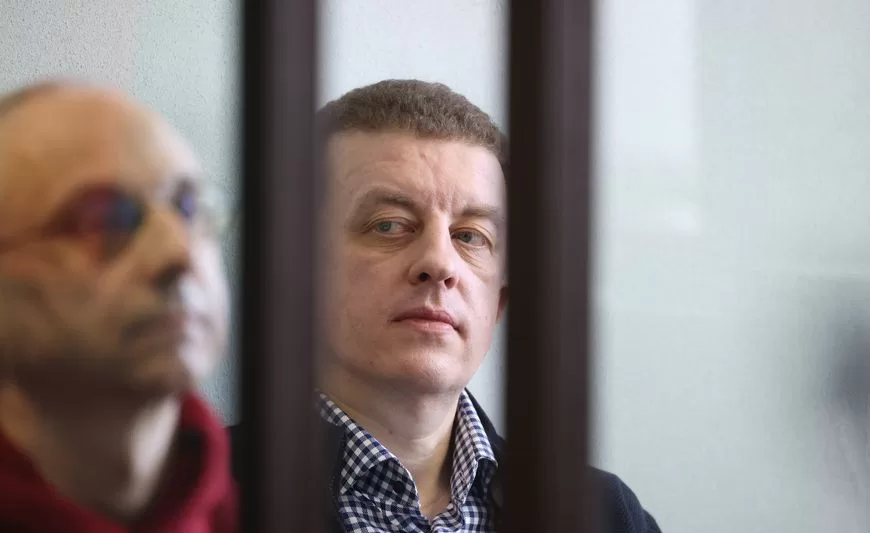The weather was pleasantly cool in the Degari area outside Quetta when I visited along with a local guide at the end of September. There is silence because the population is scattered. But the district is dominated by the local Satakzai tribesmen in this part of Balochistan, a southwestern province of Pakistan, sharing a border with Afghanistan and Iran.
In recent months, the Degari region has attracted nationwide media attention for all the wrong reasons: a gruesome video went viral on social media, in which a couple can be seen being shot multiple times at point blank range.
They were later identified as Noor Bano Satakzai and Ehsan Sumalani. And they were killed in the name of honour – the murder of a person, especially of a girl, bringing shame to the family. In most of the cases, the victims are killed for refusing to marry, committing adultery or being in a relationship that displeases their relatives or family members. The crimes are frequently committed by those family members against their female relatives. In this case it was allegedly the local tribal council, the Jirga which was involved in their deaths.
“In Balochistan, honour killings take place due to socio-economic reasons, as well to show muscular power by men to settle personal scores over matters such as land disputes and debts,” says Sadia Baloch, a human rights defender in Balochistan who documents gender-based violence.
“When I studied cases in Balochistan, I came across a lot of cases in a short period, in which women have been silenced or killed in the name of honour.”
Sadia hails from Balochistan’s Nasirabad belt, where women are routinely silenced. One tragic incident in this region took place in 2008, when three teenage girls – believed to have been aged between 16 and 18 – were buried alive in an honour killing.
In a high-profile case in 2023, three bullet-riddled bodies—one girl and two boys—were found in a well near the house of Balochistan’s minister and tribal chief Sardar Abdur Rehman Khetran. He was arrested in connection with the triple murder and for keeping the children in his private jail in Balochistan. He was given bail and quickly released and remains in the Provincial Assembly of Balochistan.
Even after the Degari incident, honour killings continue to take place in the said division and innocent lives are taken away, particularly of women and girls.
According to Sadia, families abandon if not kill women involved (even allegedly) in cases of honour. They give women to the Sardars (tribal leaders), particularly in the Sindh province, who hold social legitimacy and who largely decide their fate.
This can involve them being forcibly married off in exchange for money, made to work as servants in the Sardar’s home or being murdered in an honour killing which take place with absolute impunity.
“The families hand over their girls to the tribal heads who sell them out [and] take a small amount,” she laments. “The said cases don’t get reported at all, which is why there is no end to the women being silenced in the name of honour.”
According to human rights organisations, a thousand women are killed in the name of honour in Pakistan annually, although most of these cases go unreported in the country itself.
The Human Rights Commission of Pakistan (HRCP) states that at least 405 women were killed in Pakistan in the name of honour in 2024.
According to activists, the actual figure is higher because cases of honour killings don’t come into the limelight, because they get buried along with the victims.
Punjab is one of four provinces that share the grisly record of having most honour killings.
Based in Lahore, Punjab’s provincial capital, Sunny Zia works at the HRCP.
“It is a known fact Punjab is the most populous province in a country with a population of over 100 million people, where almost half of Pakistan lives. This is why the figure related to honour killings of the women is reportedly higher than the other provinces. There is better media coverage too,” Sunny told Index.
“In Punjab, there is a strong caste system just like in India. In many cases, honour killings are related to the caste system as well when inter-caste marriages take place which are not socially accepted.”
Shah Mohammad Marri, a prolific author and historian who writes frequently about tribal affairs, told Index: “In Pakistan’s tribal belt, Sardars get to decide about cases of honour killings as there are no laws or police stations for the local tribesmen. The reason, the Sardar is the supreme authority there and they rule the roost.”
Jahanzeb Rind, an assistant professor at LUMS (Lahore University of Management Sciences), told Index: “In Pakistan’s patriarchal society, even though both male and female couples are killed in the name of honour, the majority of the victims are female.”
“Our judicial system is weak,” added Rind. “The state has neither given its citizens the proper rights nor due statuses, especially in the tribal belt of the country, which is why people go to tribal leaders to sort out their issues out of court. This is why honour killing persists.”
While writing this piece, I picked up a newspaper and came across an article about Pakistan’s women which attracted my attention for all the wrong reasons.
The article said 93% of women in Pakistan experience some form of sexual violence in public places during their lifetime and 73% of women and girls face physical or sexual violence from their intimate partners, family members, friends, relatives or neighbours; 62% of the reported victims are between 10 and 19 years old.
Pakistan has clearly failed its women.
Honour killings are the pinnacle of this shame but the problems go deeper. Even today, women are silenced in the name of honour as if society was still living in medieval times.






